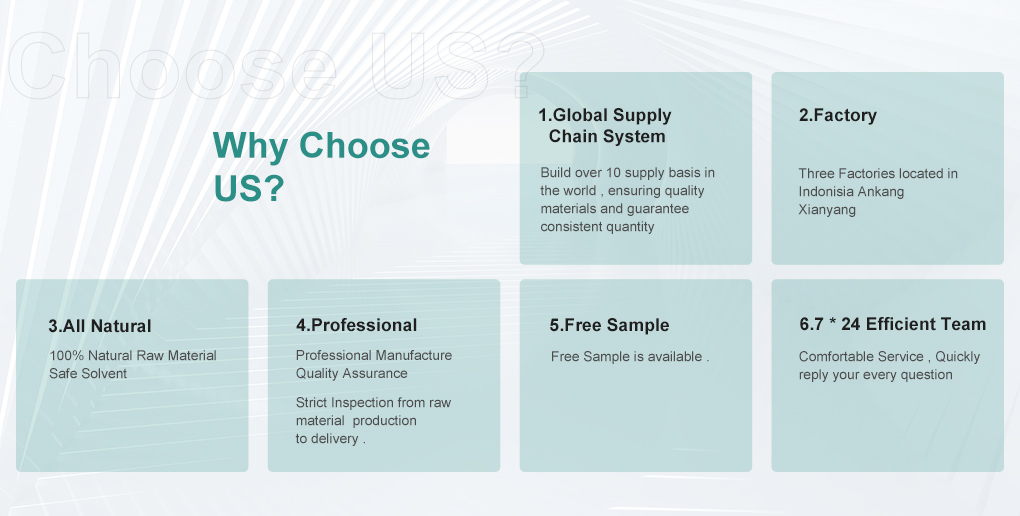In today’s nutraceutical market, the demand for natural weight management ingredients continues to grow. Synephrine powder, derived from Citrus aurantium (bitter orange), has attracted attention from supplement manufacturers for its role in energy support and metabolic enhancement. But beyond consumer buzzwords like “fat burner” or “metabolism booster,” what should formulators and bulk buyers really know about this ingredient?
What makes Synephrine powder attractive to manufacturers?
Synephrine, a natural alkaloid extracted from Citrus aurantium (bitter orange), is valued for its stimulant-like yet relatively mild effects. For manufacturers, its biggest appeal is the ability to provide an alternative to synthetic stimulants like ephedrine while keeping the “natural” positioning that modern supplement brands prefer. It is widely used in sports nutrition, weight management, and energy-support formulations. This versatility allows manufacturers to adapt synephrine powder into both single-ingredient capsules and complex blends, making it a flexible raw material that aligns with clean-label and plant-based product trends.
How do consumers perceive Synephrine in the marketplace?
Most end-users associate synephrine with weight loss, fat burning, and increased energy levels, which is why consumer demand is strong in the fitness and weight management sectors. However, online discussions also reveal concerns about its safety when combined with caffeine or used in high doses. For manufacturers, this means that transparent labeling, responsible dosage recommendations, and clear communication of benefits are key to building consumer trust. By addressing these concerns proactively, brands can capture attention while positioning themselves as responsible and science-driven.

What quality standards are important for B2B buyers?

Unlike retail customers, bulk buyers and brand formulators focus heavily on quality assurance. This includes standardized p-synephrine content (such as ≥95%), precise particle size for blending, solubility for liquid or capsule formulations, and comprehensive testing for purity and contaminants. Documentation such as Certificates of Analysis (CoA), safety data sheets, and compliance with FDA or EU regulations are critical factors. Suppliers who emphasize strict quality control and provide transparent testing results are far more likely to gain long-term partnerships with international buyers.
How does Synephrine powder fit into modern formulation trends?
In today’s supplement market, synephrine is commonly stacked with ingredients like caffeine, green tea extract, or capsaicin to boost thermogenic effects. However, safety concerns around over-stimulation are shifting the trend toward moderate dosing and stand-alone synephrine products. This creates opportunities for manufacturers to target different consumer groups: performance-oriented athletes who prefer stronger blends, and general consumers who want milder energy support without jitters. Offering synephrine in multiple formats—pure bulk powder for formulation and pre-designed blends—helps brands stay competitive and adaptable.
Why should manufacturers consider Synephrine despite these challenges?

Despite regulatory complexity, synephrine continues to attract strong consumer interest as a natural weight management aid and energy booster. From a manufacturer’s perspective, it represents a high-demand ingredient with strong market recognition—qualities that make product launches easier and faster. By partnering with reliable suppliers that emphasize standardization, safety, and compliance, brands can differentiate themselves and reduce potential risks. For bulk buyers, the real advantage is not only the ingredient’s functionality but also the ability to position their product line as natural, effective, and scientifically aligned with modern consumer demands.
- Reference:Stohs, S. J., & Preuss, H. G. (2011). The safety of bitter orange (Citrus aurantium) and its primary protoalkaloid p‐synephrine. Phytotherapy Research, 25(10), 1421–1428.
Ratamess, N. A., Bush, J. A., Kang, J., Kraemer, W. J., Stohs, S. J., & Nocera, V. G. (2015). The effects of p‐synephrine alone and in combination with caffeine on metabolic, lipolytic, and cardiovascular responses in human subjects. Phytotherapy Research, 29(5), 782–788.
Stohs, S. J., Preuss, H. G., Shara, M., & Ray, S. D. (2020). A review of the human clinical studies involving Citrus aurantium (bitter orange) extract and its primary protoalkaloid p‐synephrine. International Journal of Medical Sciences, 17(6), 880–896.
Lopez, H. L., Ziegenfuss, T. N., Hofheins, J. E., Habowski, S. M., Arent, S. M., Weir, J. P., & Ferrando, A. A. (2013). Eight weeks of supplementation with a multi-ingredient weight loss product enhances body composition, reduces hip and waist girth, and increases energy levels in overweight men and women. Journal of the International Society of Sports Nutrition, 10(1), 22.
About Ruiwo:


contact us:
Address:Room 703, Ketai Building, No. 808, Cuihua South Road, Xi’an, Shaanxi, China
E-mail: info@ruiwophytochem.com
Phone: 008613484919413 0086-29-89860070
Hours: Monday-Friday: 9am to 6pm
Post time: Aug-20-2025





